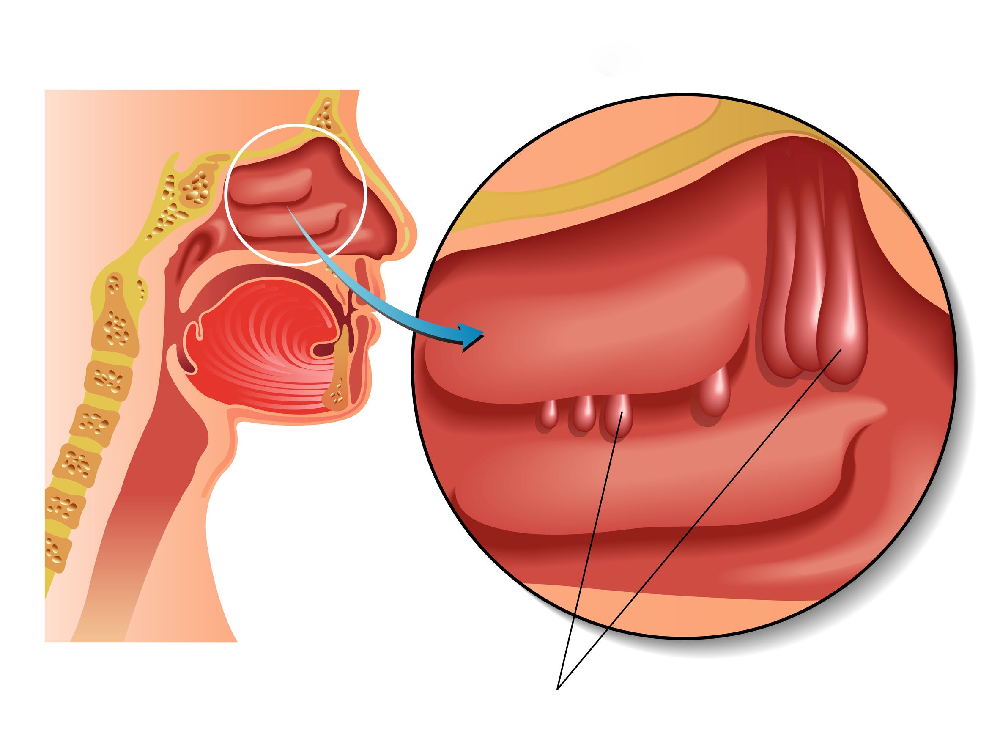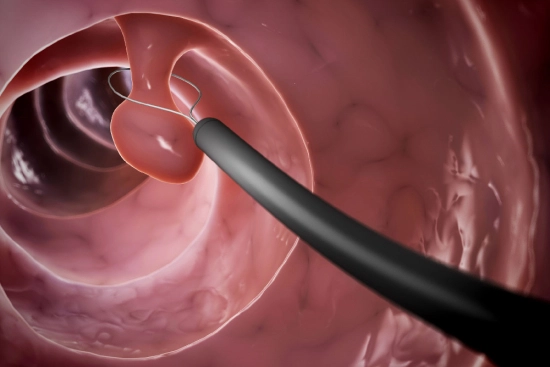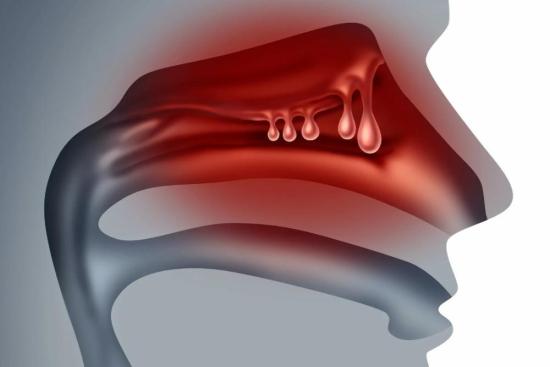Nasosinus polyposis is a chronic inflammatory disease characterized by the formation of polyps, benign lesions of the nasal mucosa that obstruct the upper airway.
When medical treatment is not enough to relieve your symptoms, polypectomy is a proven surgical solution. By choosing Turkey for your surgery, you will benefit from recognized medical expertise, modern equipment and attractive prices.
- People suffering from nasal polyposis.
- Between 30 minutes and 2 hours, depending on the extent of polyposis and the technique used.
- Back home the same day.
Best Clinics with Verified Reviews

- Multispecialized hospital
- 7 operating rooms
- Capacity é of 170 beds

- Multispecialized hospital
- Hospital founded in 2007
- Very good reputation in ENT department
Symptoms of nasal polyps
Nasal polyps are non-cancerous growths that develop in the nasal passages and can cause a variety of troublesome symptoms. These symptoms include:
- Persistent nasal congestion: Difficulty breathing through the nose.
- Loss of sense of smell: Decreased or complete loss of the ability to smell.
- Posterior nasal discharge: sensation of constant discharge from the back of the throat.
- Recurrent sinus infections: Chronic or recurring sinus infections.
- Facial pain: Feeling of pressure or pain in the sinuses.
- Swollen face: due to sinus congestion.
- Snoring and sleep apnea.

Causes of nasal polyps
The exact cause of nasal polyposis is not fully understood, but several factors may contribute, including:
- Allergies: People with allergies, especially to aspirin and other non-steroidal anti-inflammatory drugs, have an increased risk of developing nasal polyps.
- Asthma: This is a major risk factor for nasal polyposis.
- Chronic rhinosinusitis: Chronic inflammation of the sinuses can also lead to polyp formation.
- Cystic fibrosis: This genetic disease can affect the sinuses and nasal passages, increasing the risk of polyposis.
- Autoimmune diseases: Certain autoimmune diseases, such as granulomatosis with polyangiitis and Churg-Strauss syndrome, may be associated with nasal polyposis.

Polypectomy: Treatment of nasal polyposis in Turkey
Nasal polyposis, characterized by the formation of small fleshy masses in the nose, can significantly affect quality of life. Polypectomy, a surgical procedure to remove these polyps, is the gold standard for relieving symptoms and improving breathing.
Nasal polypectomy can be performed using two different techniques:
Endonasal polypectomy
Endonasal polypectomy involves the removal of polyps using specialized instruments under direct visual control. The procedure is performed under local or general anesthesia, depending on the patient's preference.
Endoscopic polypectomy
Endoscopic polypectomy is the most commonly used procedure. Using an endoscope, a thin, camera-equipped instrument inserted through the nose or mouth, surgeons can accurately visualize and gently remove polyps. This technique allows for minimally invasive surgery with quick recovery.
Endoscopic polypectomy is performed under local anesthesia, which means you'll be awake during the procedure, but your nose will be numb. However, general anesthesia can sometimes be used.
The procedure usually takes between 30 and 60 minutes, depending on the extent of the lesions.

Other treatments for nasal polyposis
In addition to polypectomy, other treatments may be used to relieve the symptoms of nasal polyposis and to prevent the recurrence of polyps:
- Nasal corticosteroid therapy: Nasal corticosteroid sprays are often prescribed to reduce inflammation and nasal congestion.
- Antibiotics: Antibiotics may be used to treat bacterial sinus infections.
- Nonsteroidal anti-inflammatory drugs (NSAIDs): NSAIDs may help relieve pain and inflammation.
- Saline solutions: Nasal irrigation with a saline solution can help reduce nasal congestion and remove mucus.
Convalescence and post-operative follow-up
Nasal polypectomy is usually performed on an outpatient basis, which means you can go home the same day. However, you should plan to stay in Turkey for 3 to 7 days after the procedure to allow the surgeon to monitor your recovery and provide post-operative care.
After the surgery, you may experience some pain, nasal congestion, and minor bleeding. These symptoms usually go away within a few days. You should avoid blowing your nose for a few days to promote healing.
It is recommended that you rinse your nose with a saline solution to soothe and clean your nasal passages.
Medical follow-up is usually required after nasal polypectomy to monitor healing and prevent polyp recurrence.
Your doctor will prescribe medications and give you specific instructions for your recovery.
Risks of nasal polypectomy
As with any surgical procedure, there are risks and complications associated with nasal polypectomy.
These risks include:
- Bleeding: Nosebleeds may occur after surgery, but they are often mild and stop spontaneously.
- Infection: The risk of infection is low, but antibiotics may be prescribed to prevent possible infectious complications.
- Nerve damage: The nerves that control smell and vision are located near the polyps. Although rare, nerve damage can cause partial loss of smell or temporary vision loss.
- Recurrence: Despite surgery, polyps may recur in certain cases.
Advantages of nasal polypectomy in Turkey
Breathe freely again thanks to nasal polypectomy in Turkey! Choose Turquie Santé and benefit from recognized medical expertise and quality care at competitive prices!
Our network of partner hospitals, equipped with the latest medical technology, offers you safe and effective nasal polypectomy treatments.
Turquie Santé guarantees you personalized care throughout your stay. From free, personalized teleconsultation to complete care with a multilingual interpreter, we'll be with you every step of the way.
Our team of experts is available to answer all of your questions and provide you with a treatment plan tailored to your specific needs.
Contact us today for a free teleconsultation and personalized quote!
Share this page






